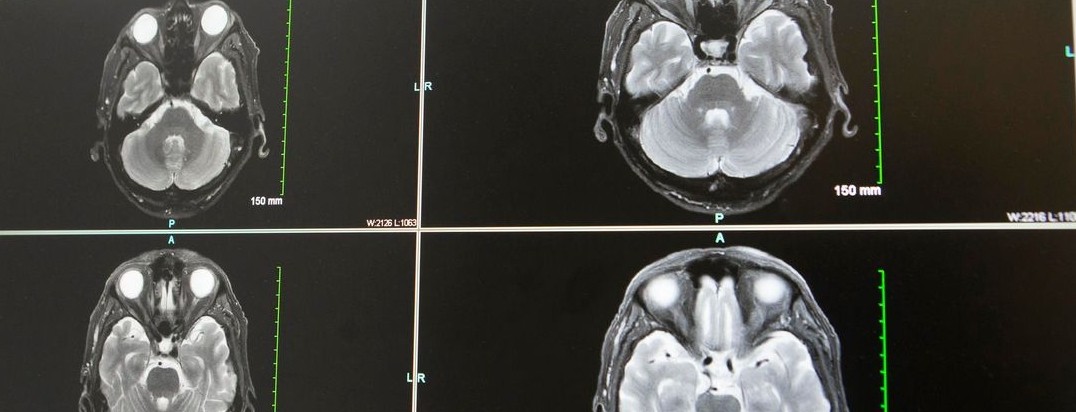
U.S. stroke survival is improving, but race still plays role
UC stroke research covered in U.S. News & World Report
U.S. News & World Report, HealthDay, Local 12 and Real Health covered new research from the University of Cincinnati that found overall rates of long-term survival following stroke are improving, but Black individuals experience worse long-term outcomes compared to white individuals.
UC's David Robinson, MD, led the study recently published in the journal Neurology that looked at five-year survival rates following a stroke.
Among patients with acute ischemic stroke, the most common type of stroke, five-year mortality after stroke improved from 53% in 1993-94 to 48.3% in 2015, an absolute decline nearly double what would be expected in the general population. There were no changes in five-year survival for patients following an intracerebral hemorrhage, the most severe type of stroke.
“For the first time, we saw that there clearly has been an improvement in five-year mortality after stroke, and it probably is at least partially driven by the stroke systems of care that have been set up here in Cincinnati,” Robinson said. “The data suggests that we have specific interventions in the care of stroke that are disproportionately improving mortality for that particular group of people.”
While the overall numbers are improving, Black individuals were found to be 20% more likely to die within five years after an ischemic stroke than white individuals. Previous research confirmed that strokes are more common in Black individuals, but this research found for the first time that long-term outcomes are worse for Black patients.
Read the U.S. News & World Report article, originally published on HealthDay.
Featured photo at top of brain scans. Photo courtesy of Joseph Broderick.
Related Stories
Love it or raze it?
February 20, 2026
An architectural magazine covered the demolition of UC's Crosley Tower.
Social media linked to student loneliness
February 20, 2026
Inside Higher Education highlighted a new study by the University of Cincinnati that found that college students across the country who spent more time on social media reported feeling more loneliness.
Before the medals: The science behind training for freezing mountain air
February 19, 2026
From freezing temperatures to thin mountain air, University of Cincinnati exercise physiologist Christopher Kotarsky, PhD, explained how cold and altitude impact Olympic performance in a recent WLWT-TV/Ch. 5 news report.
